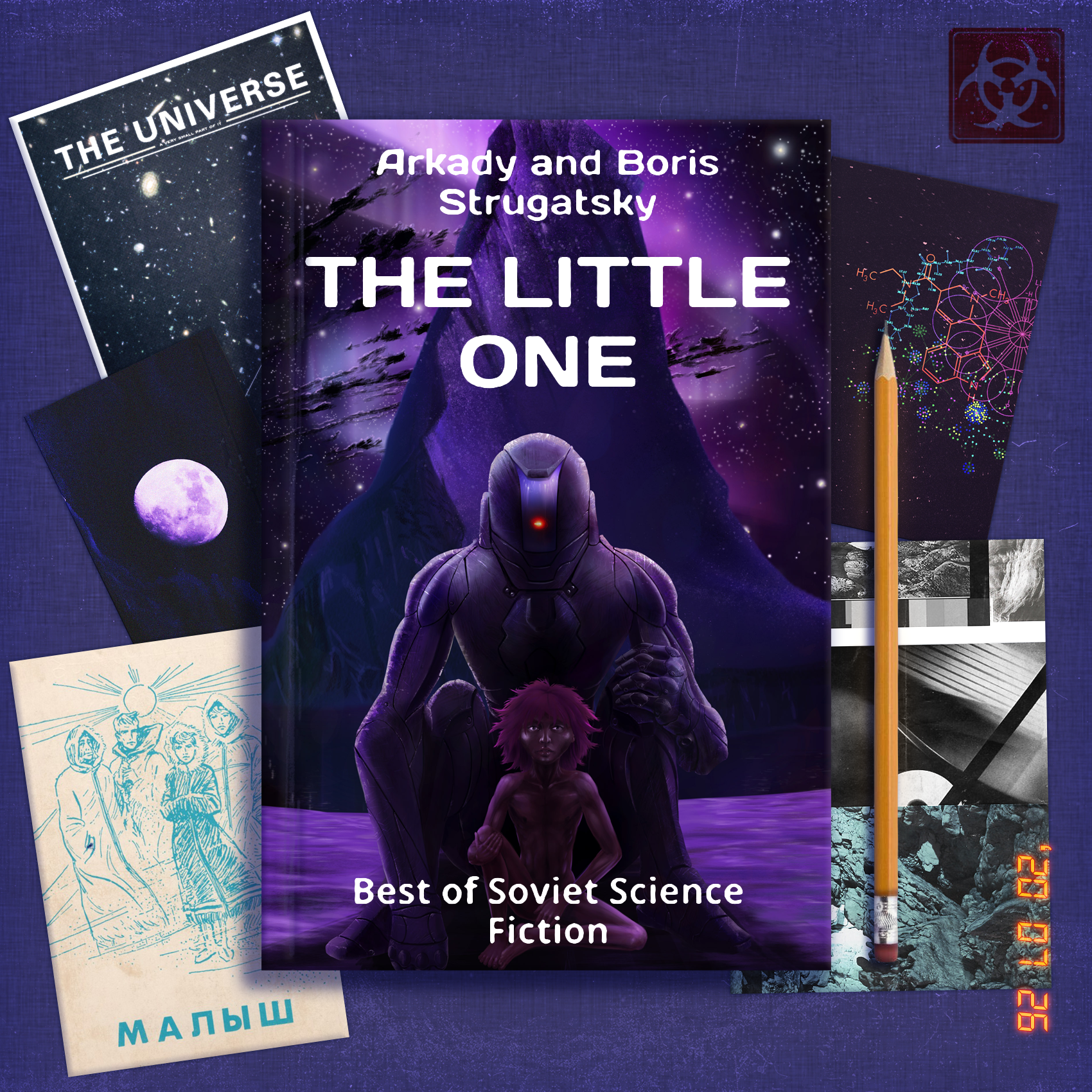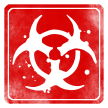
★★★☆☆ 3/5
“The Little One” mostly known as “Space Mowgli” or “The Kid” is a russian sci-fi short novel about a group of investigators who land in the Ark planet – a supposedly uninhabited and sterile planet – that the crew try to verify if it’s possible to terraform into a habitable one, and the first contact they have with an unexpected (and apparently only) inhabitant: a little savage humanoid boy that looks simultaneously too much and too little like an human.
The story is part of an extended universe called “The noon universe” and despite the book being a standalone (I have read that some of the characters appears in other books) many of the terms, objects, races and historical events that are mentioned on the book are hard to follow because it’s assumed that the reader are familiar with them.
Also, because being the book hard sci-fi from the 70’s, some of the sci-fi terms of the time are very archaic or “over the top”, making the read a bit funky. I have read a translation that dates from the same period, so the technological terms are very old and not adapted to new audiences. Younger people probably wouldn’t get most of it. Maybe newer editions take this into account.
Storywise I liked the overall plot despite the loose strands of information I lacked by not being familiar with the Noon Universe. The book gives you at least enough information so you at least don’t lose interest.
None of the characters are much developed, they kind of stay in a archetype\stereotype state throughout the entire book, but I don’t think it was a bad thing in this case. The book was small and even though there was a part it was dragging enough to have time to develop said characters (Stas was maybe the more developed because he was the narrator, and knowing his way of thinking we get to know him better than the rest), I think if we got to know them more emotionally, the way they interacted with the kid wouldn’t be the same, or at least we wouldn’t view it in the same way. I say that because by not being close or empathetic to any of characters, I was able to watch their actions towards the kid with no bias.
After a major action of one of the characters by the end, we get to know them a little better because they all react to the consequences of this action, so we get to see a hint of their true colors. By this point, I finally had a bias towards some of them. And I think leaving this to the end was great.
There’s a downside to it: as they are left in a stereotype state for most of the plot, of course, there’s cliches and common tropes we all are tired to see, but oh well *cough*emotional angry female*cough*
A thing that made me confuse several times throughout the book: The russian name system. The same character sometimes has up to 3 or more names that are casually changing along the narrative with no warning. Don’t get me wrong, portuguese\brazilian people have up to 6 names sometimes, but we barely get adressed to more than two if not in formal occasions. But in this book, the same character can be adressed diferently by everyone, as their full names only appear late or never at all, you just guess it over time “ah it’s name and surname” we just lay there very confused of who is who. The main character is called “Popov”, “Stas”, “Stanislav” randomly and I was loosing my mind until I figured out his name is Stanislav Popov and Stas is short for Stanislav.
Also, short names sometimes doesn’t match the full name, or the same name has small variations (Maya, Mayka) AND IT’S SO CONFUSING!!! There was once a translator note saying “Shura is short for Alexander” like 20 pages after this character was introduced, making the story completely different for me, as I thought “Shura” and “Alexander” to be diferent characters.
It could be a translation issue, yeah, but still I had a hard time reading because of this (and because russian names sounds a bit too similar to each other, since I’m not used)
The book has neither a bad nor a good ending. In fact, it doesn’t even have exaclty an ending. The ending is open, we don’t know how the situation ended up, just the situation of some of the main characters.
I was not dissatisfied with it, but I thought something was missing because a loooot of questions were left unanswered, and they made such a big deal of them in the beggining.

